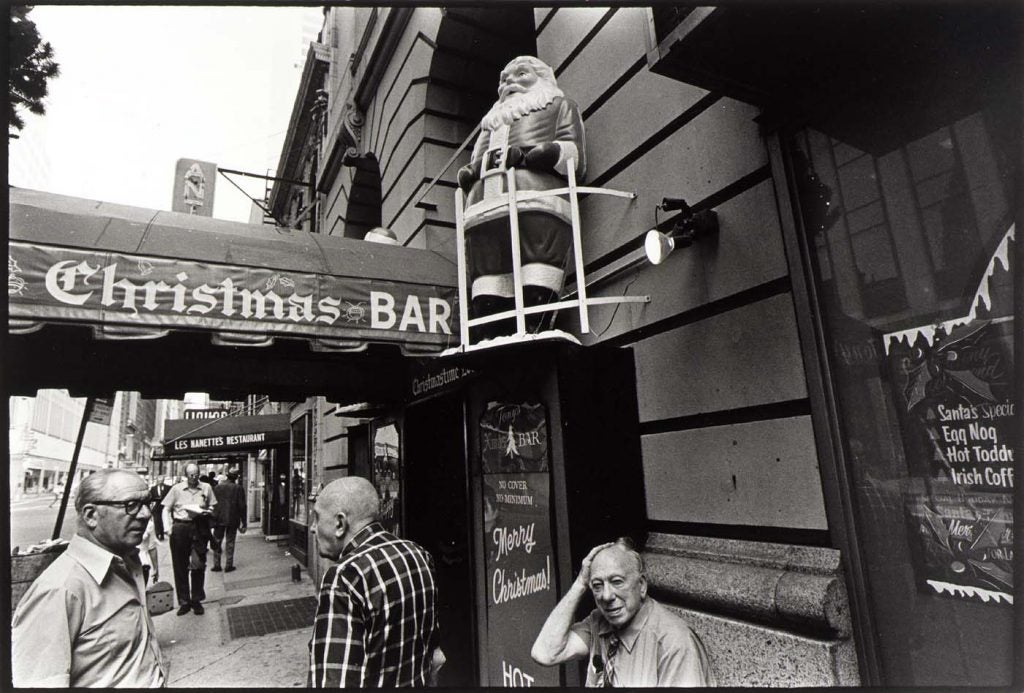There’s No Such Thing as a Chanukah Bush
It’s no longer taboo to admit, as an American Jew, that you have a Christmas tree. Some people call it a Hanukkah bush, which is about as absurd as someone diplomatically wishing you “happy holidays” after the eighth day of Hanukkah. It’s a Christmas tree, and some Jews, whose religious services, as a friend pointed out, will never be broadcast on the local news, long ago decided they wanted in on the holiday cheer, and that there’s no shame in that.
There’s No Such Thing as a Chanukah Bush Read More »
It’s no longer taboo to admit, as an American Jew, that you have a Christmas tree. Some people call it a Hanukkah bush, which is about as absurd as someone diplomatically wishing you “happy holidays” after the eighth day of Hanukkah. It’s a Christmas tree, and some Jews, whose religious services, as a friend pointed out, will never be broadcast on the local news, long ago decided they wanted in on the holiday cheer, and that there’s no shame in that.





